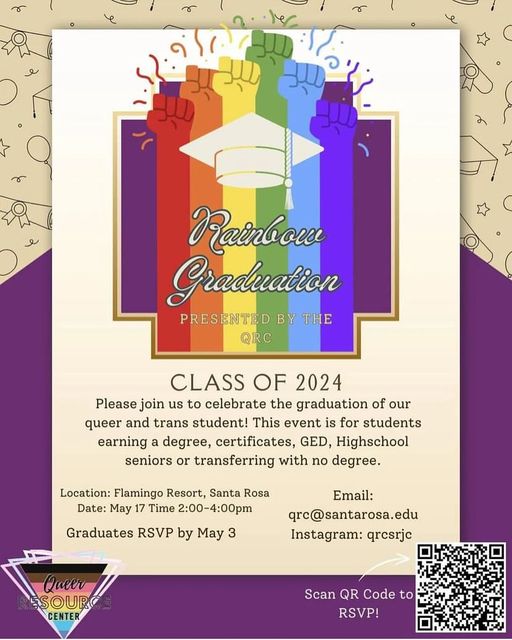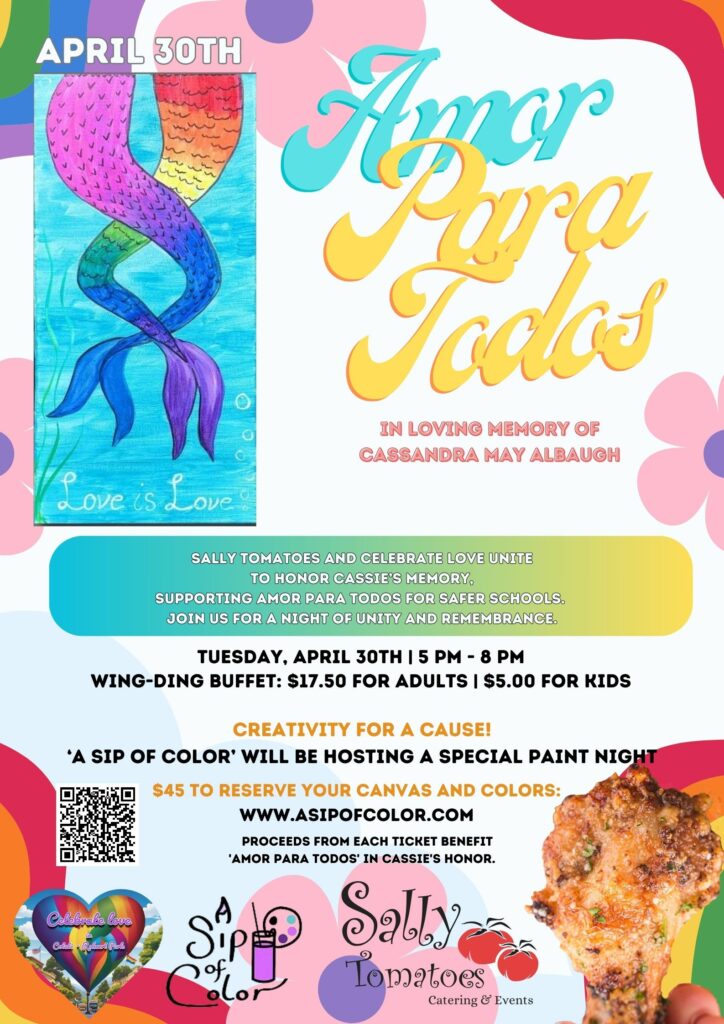Four attorneys general in conservative states have abused their authority to investigate transgender patients and their health care, and hospitals must do more to protect them, a new Senate Finance Committee report argues.
The report, titled “How State Attorneys General Target Transgender Youth and Adults by Weaponizing the Medicaid Program and their Health Oversight Authority,” investigates how attorneys general in Tennessee, Missouri, Indiana and Texas have opened investigations into hospitals for alleged Medicaid fraud or violations of consumer protection laws. They opened the investigations, the report argues, “in order to further ideological and political goals,” and there has been “significant variation in hospitals’ responses to such requests and their approaches to safeguarding the privacy of one of their most vulnerable patient populations—LGBTQIA+ people.”
The investigations have been opened as hundreds of state bills have sought to roll back transgender rights over the last few years. In recent years, 24 states have passed restrictions on gender-affirming medical care for trans minors, including puberty blockers, hormone therapy and surgery.
The report specifically singles out Vanderbilt University Medical Center, which turned over transgender patients’ medical records to Tennessee Attorney General Jonathan Skrmetti in June as part of Skrmetti’s investigation into alleged medical billing fraud.
“Vanderbilt University Medical Center (VUMC) in Tennessee sits at one extreme: the hospital failed to object in any material manner to the Tennessee Attorney General’s sweeping request and then caused undue terror to young patients and their families by supplying the Tennessee Attorney General with some of the records requested and then, again, by erroneously notifying some patients of medical record disclosures that had not occurred,” the report says.
VUMC provided its correspondence with the attorney general’s office to the Finance Committee staff, the report says. Through the correspondence, the report found that over seven months, from December 2022 to June 2023, VUMC provided 65,000 pages of documents to Skrmetti’s office, “including the medical records of 82 transgender patients, 72 of whom are Medicaid beneficiaries.”
VUMC notified patients their records had been disclosed on June 19, the report found. “After receiving this information, many patients experienced suicidal ideation and suffered significant emotional distress, including depression and anxiety,” the report says, citing an ongoing class-action lawsuit filed against VUMC by two patients whose medical information it provided to the attorney general.
Michael Regier, the medical center’s general counsel and secretary, said that the hospital disputes the report’s findings and that it had “sent a detailed letter outlining our concerns about its proposed findings before it was released.”
“Under the current law, state and federal government authorities are permitted to seek medical records for investigations, and healthcare providers must comply. In this case, we made every effort to both protect our patients and follow the law,” Regier said in an emailed statement. “At no point did we violate privacy laws, and we strongly disagree with any suggestion that we did. VUMC remains committed to protecting patient privacy under the law, and ensuring all who come to our facilities receive world-class medical care.”
Skrmetti’s investigation into VUMC is ongoing, and it “exclusively targets health care providers, not any patients,” Amy Lannom Wilhite, Skrmetti’s spokesperson, said in an emailed statement.
“Our Civil Medicaid Fraud Unit began investigating after watching a video in which a VUMC doctor described how she manipulated billing codes to avoid insurance coverage limitations. There is no political exception to our fraud laws and we will continue to investigate as the evidence demands, regardless of a doctor’s ideology,” Wilhite wrote.
VUMC declined to comment on Skrmetti’s investigation and the video.
The Finance Committee report found that two hospitals, in contrast to VUMC, made a variety of efforts to avoid providing transgender patients’ records to state attorneys general. Washington University School of Medicine in St. Louis refused to share records with Missouri Attorney General Andrew Bailey in February 2023 when Bailey filed a civil investigative demand citing a state consumer protection law. The university cited concerns about privacy and the Health Insurance Portability and Accountability Act, which protects patient information, and it filed a petition in state court questioning whether Bailey had the authority to investigate.
“As a father of four, this fight is personal for me. There is no more important court battle than to ensure Missouri is the safest state in the nation for children,” Bailey said in an emailed statement.
“My team will get to the bottom of how this clandestine network of clinics has subjected children to puberty blockers and irreversible surgery, often without parental consent,” he said, mischaracterizing how transition-related care is provided to minors. State laws require physicians to obtain parental permission to provide any care to minors, and widely used standards of care also do not recommend surgery for minors except in rare circumstances.
Madeline Sieren, a spokesperson for Bailey, said that his office is awaiting a court ruling on the Washington University demand but that judges have ruled in the attorney general’s favor in similar cases involving Children’s Mercy Hospital in St. Louis, Planned Parenthood of the St. Louis Region and Southwest Missouri and Planned Parenthood Great Plains.
The Finance Committee report also found that Seattle Children’s Hospital “took a hard stance” against Texas Attorney General Ken Paxton after he sent the hospital a subpoena in November because he suspected it was providing gender-affirming medical care to trans minors who live in Texas, where such care is prohibited for minors. The hospital filed a petition in Travis County District Court in December to dismiss the subpoena. The case is ongoing.
Paxton’s office did not reply to a request for comment.
Alongside Tuesday’s report, a group of more than 40 Democratic members of Congress, led by Senate Finance Committee Chair Ron Wyden, of Oregon, also sent letters asking five hospital and health associations to urge their member hospitals “to protect American patients’ medical privacy from abusive legal demands by state attorneys general.”
“In at least four states, AGs have abused their legal powers to demand that hospitals and other healthcare facilities disclose transgender youth and adults’ complete and identifiable medical and billing records,” the lawmakers wrote in a letter addressed to Dr. Bruce Siegel, president and CEO of America’s Essential Hospitals, a hospital association with more than 300 members. “These thinly veiled political assaults come at the expense of vulnerable patients. We are concerned that hospitals are feebly complying with AGs’ requests, betraying their obligation to protect patient privacy.”
The Democratic senators sent similar letters to the American Hospital Association, the Federation of American Hospitals, the Children’s Hospital Association and the National Rural Health Association.
Wyden said in a statement that Vanderbilt, specifically, “failed its responsibility to protect their patients’ privacy” and cited fears about the potential widespread effect of hospitals’ giving up on such privacy, particularly after the repeal of Roe v. Wade, opening “the door to criminalizing women’s private reproductive health choices.”
“A handful of red-state attorneys general are misusing their authority to terrorize transgender teens in their states, violating patients’ privacy and causing real harm to vulnerable kids and adults in the process,” Wyden said. “It’s shameful that law-enforcement officials are choosing to persecute teens trying to live their lives, just to score points with far-right activists.”

